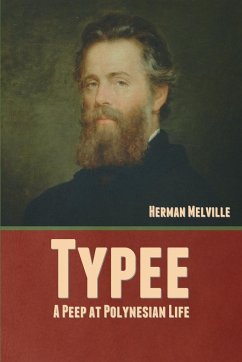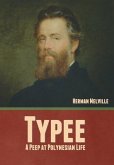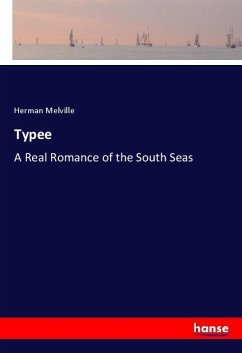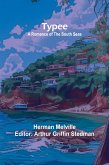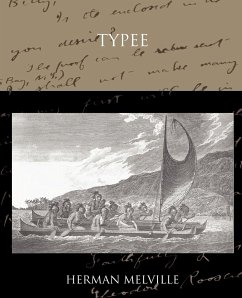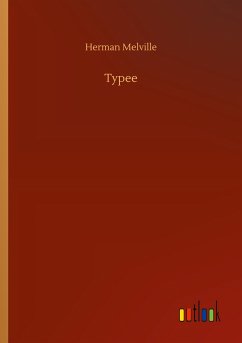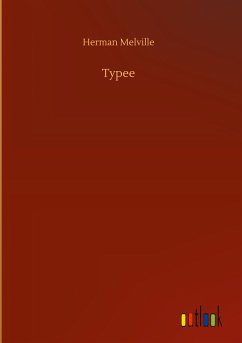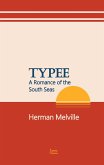Typee: A Peep at Polynesian Life is the first book by American writer Herman Melville, published in the early part of 1846, when Melville was 26 years old. Considered a classic in travel and adventure literature, the narrative is based on the author's actual experiences on the island Nuku Hiva in the South Pacific Marquesas Islands in 1842, supplemented with imaginative reconstruction and research from other books. The title comes from the valley of Taipivai, once known as Taipi. Typee was Melville's most popular work during his lifetime; it made him notorious as the "man who lived among the cannibals". The book delivers quite a wild tale and from the beginning there were questions about whether any of it could possibly be true. Prior to the London edition of the book appearing within the Colonial and Home Library series (nonfiction accounts of foreigners in exotic places), the publisher John Murray required reassurance that Melville's experiences were first-hand. Melville's desertion from the Acushnet in 1842 Not long after the initial publication of the book, many of the events described were corroborated by Melville's fellow castaway, Richard Tobias Greene ("Toby"). Additionally, an affidavit was found from the ship's captain that corroborated that both men did indeed desert the ship on the island in the summer of 1842. Typee attempts to be something of a work of proto-anthropology. Melville continually admits vast ignorance of the culture and language he is describing while also trying to bolster and supplement his own experiences with a great deal of other reading and research. He also has a tendency to employ a fair amount of hyperbole and attempts at humor. A few recent scholars have dedicated themselves to questioning the basic factuality of Melville's account. For instance, the length of stay on which Typee is based is presented as four months in the narrative and this was likely an extension and exaggeration of Melville's actual stay on the island. There is also not known to have ever been a lake on the island where Melville might have gone canoeing with Fayaway, as described in the book. (wikipedia.org)
Hinweis: Dieser Artikel kann nur an eine deutsche Lieferadresse ausgeliefert werden.
Hinweis: Dieser Artikel kann nur an eine deutsche Lieferadresse ausgeliefert werden.

